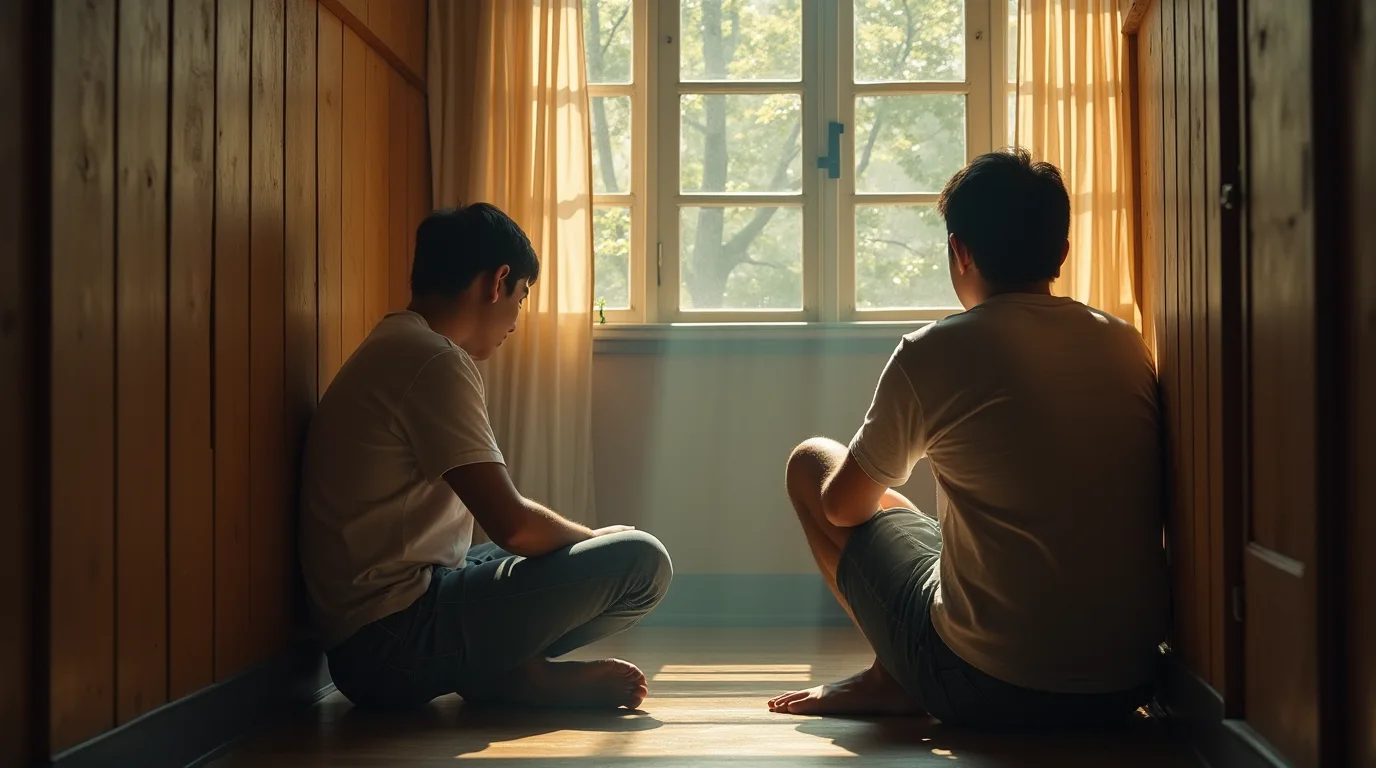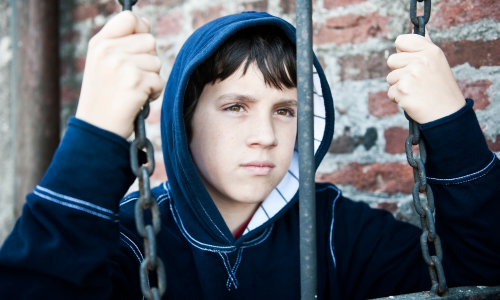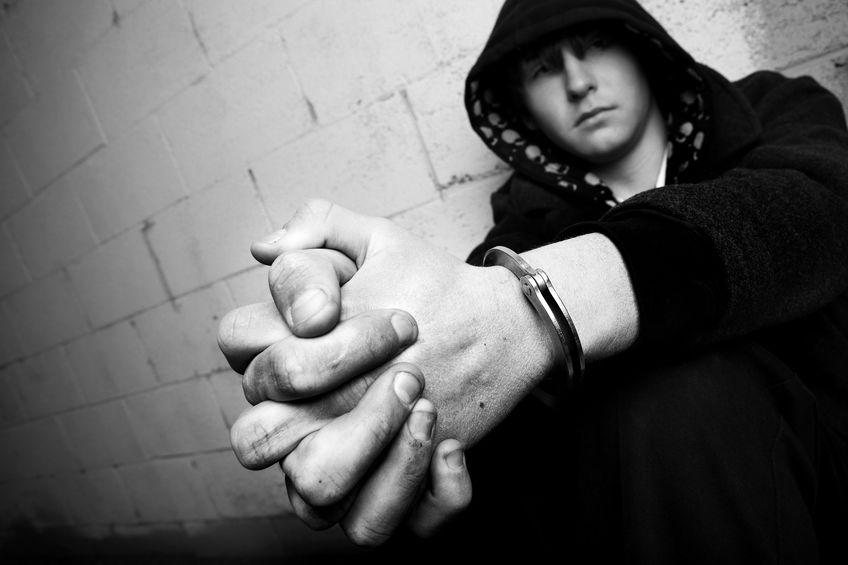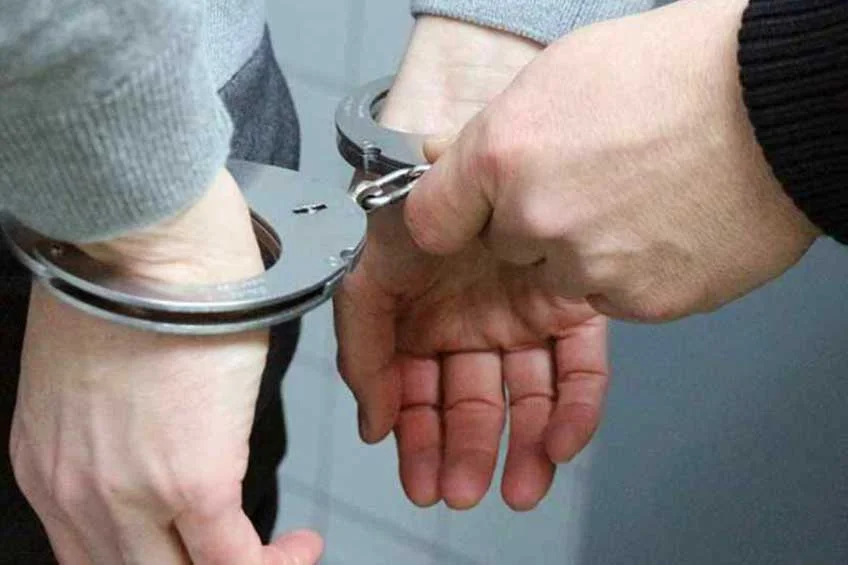Juvenile Delinquency: 5 Best Steps Parents Need to Take for It

Juvenile delinquency hits families like a freight train – one day, your kid’s coming home late; the next, they’re facing serious legal trouble. As a parent, you’re probably feeling overwhelmed, scared, and maybe even embarrassed. The good news? Taking the right steps now can completely change how this situation plays out for your child and your family.
First Things First – What is Juvenile Delinquency?
It’s not just kids being kids or typical teenage rebellion. We’re talking about minors who’ve been accused of breaking the law, whether that’s shoplifting, underage drinking, fighting, or more serious offenses. While the legal process for these cases differs from that of adult crimes, that doesn’t mean the consequences aren’t real.
Here are the steps you need to take immediately if your child has committed an offense.
Step 1: Act Fast But Stay Calm
Falling apart won’t help your kid right now. They need you to pull yourself together and start asking the right questions. Take a breath and shift into action mode and stay calm. Sit them down and find out exactly what went down.
Juvenile delinquency charges don’t wait for you to catch your breath. The courts will keep moving forward whether you’ve wrapped your head around what’s happening or not. While you’re still reeling from the shock, precious time is slipping away – time you could be using to fight for your kid.
Step 2: Get Professional Legal Help Right Away
This isn’t the time to take care of it yourself or hope it all works out. You need a juvenile delinquency lawyer who understands Maryland’s specific laws and has experience with the local court system. Every state handles juvenile cases differently, and what works in one place might backfire in another.
Parents often make the mistake of thinking they can talk their way out of the situation or that hiring an attorney makes them look guilty. That’s backward thinking that can seriously hurt your child’s case. The causes of juvenile delinquency aren’t simple – there is usually a complex set of factors that contributed to this moment, and prosecutors see these cases every day.
They know your kid isn’t some hardened criminal. Most of them genuinely want what’s best for young people, but they also have a job to do. They must ensure your child understands that actions have consequences.
Step 3: Get the Full Picture
Juvenile delinquency in a diverse society means every family faces different challenges. What helped your neighbor’s kid might backfire for yours. Maybe you’re dealing with money problems, language barriers, or just don’t know how the system works. A smart attorney gets this and won’t treat your case like everyone else’s.
If any adults helped your kid get into this mess – like buying them alcohol or letting them use their car – they could face charges for being a contributor to the case. That’s not just embarrassing; it can wreck your own record and make it harder to help your child.
Step 4: Work on the Root Issues
While your juvenile delinquency attorney handles the legal side, you need to address what led to this situation in the first place. Was your child acting out because of problems at home, school stress, peer pressure, or something else entirely? Now’s the time for honest family conversations.
Consider counseling – both for your child and possibly for the whole family. Courts often look favorably on families who take the initiative to address underlying problems before being ordered to do so.
Step 5: Stay Involved Throughout the Process
Don’t just hire a juvenile delinquency lawyer and cross your fingers. You need to stay in the loop with everything that’s happening – show up to every court date and keep talking with your attorney regularly. When the judge sees that you’re actively involved, it tells them that you’re serious about helping your child work through this.
Your Child’s Future Doesn’t Have to Be Defined by This Mistake
One bad decision doesn’t have to wreck your teenager’s entire life. The whole point of juvenile court is to help kids learn and grow, not just throw the book at them. But what happens next really depends on the choices you make right now. Don’t let juvenile delinquency destroy your family’s future when taking swift, smart action can make all the difference.
If your child is facing juvenile charges anywhere on Maryland’s Eastern Shore, contact Britt Criminal Defense at 443-944-5705 for a free consultation. James and Rachel Britt have over a decade of experience helping families navigate these challenging situations with compassion and skill.







